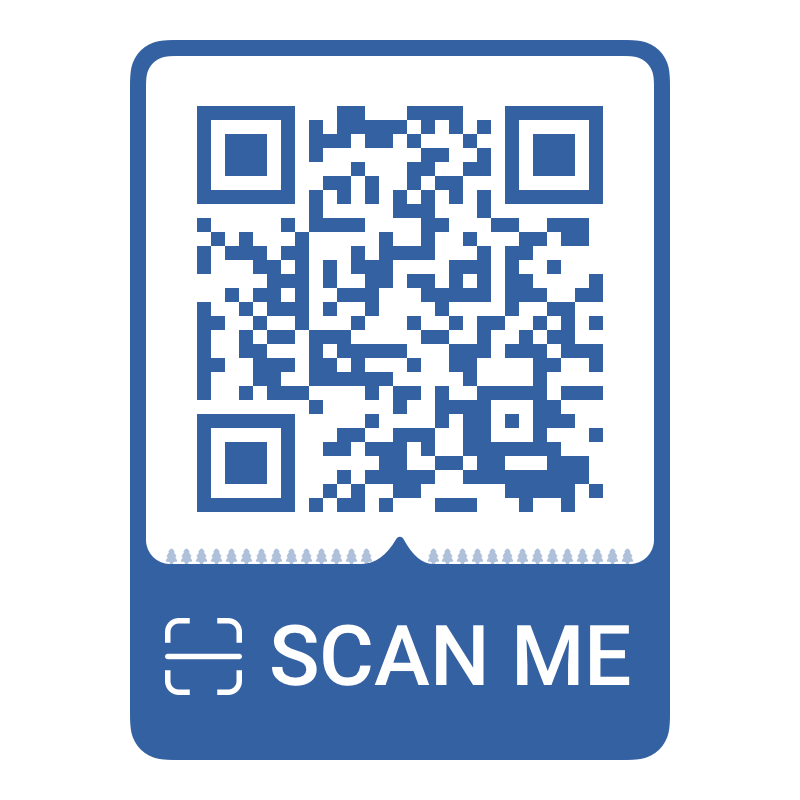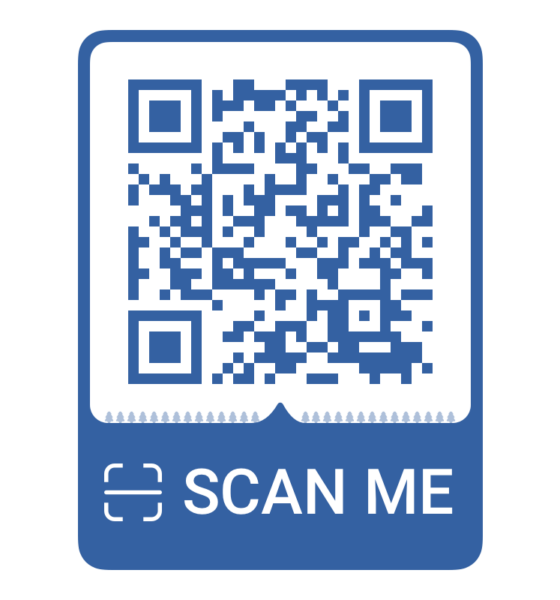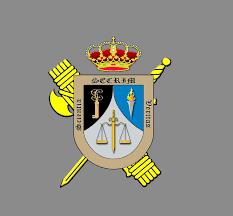

News
Self-employed and businesses will have to include traceable QR code on invoices
Although the exact date has yet to be determined, it is expected that within a few months, all self-employed people and businesses that issue invoices to other self-employed workers or companies must include a QR code on the invoice which will allow their clients can check whether they have complied with their obligations and have communicated the information about the operation to the Tax Agency. This is reflected in the new billing regulations that have already been approved, and whose entry into force is awaiting the approval of the corresponding Treasury order.
In reality, the regulation states that the systems that self-employed workers and businesses use to issue invoices must include this verification mechanism which, for tax advisors who have been explaining the change, will mean “a very important change. Above all, in operations between businesses, in which it will be mandatory to include the QR,” said Juan Ramón Fernández, member of the Spanish Association of Tax Advisors and Tax Managers (Asefiget).
This obligation will apply to the self-employed and businesses dedicated to the production and marketing of goods nine months after the approval of the Treasury order, which according to the tax advisors is imminent. For their part, the rest of the self-employed workers must have their billing systems adapted, at the latest, by July 1, 2025.
Both tax advisors and sources from the Tax Agency recognised that the obligation to include a QR on invoices – both those sent in paper and those sent in digital formats – will increase the Treasury’s ability to carry out checks. However, they also explained that it will be a guarantee for the businesses that are clients of these self-employed workers, for the purposes of their deduction in their tax returns.
What exactly will the QR that self-employed people must include in the invoices they issue to other businesses be used for? In summary, Arturo Jiménez, director of the study office of the Spanish Association of Tax Advisors (AEDAF), explained that, through the code, “the recipient of the invoice will be able to check whether the business that issues it is discharged or has sent it to the Tax Agency.
Along the same lines, sources from the Tax Agency stated that the main beneficiary will be the recipient of the invoice “if they are also a business or self-employed, because, for example, they can check that he has sent it to us and thus be able to deduct it with peace of mind in their tax returns.”
Thus, “this QR will have to contain some information from the invoice records, although not all,” added Arturo Jiménez. In this sense, the Tax Agency stressed that “at no time is it about sending complete invoices using the code, but only certain information,” they explained.
In summary, the inclusion of the QR in the invoices issued by self-employed people and businesses will work like any other code of this type. “With a mobile phone, the client can scan it and send the information. If the issuer is in Verifactu – the new system for verifying and sending invoices to the Treasury in real time – the Tax Agency will tell the client if it has sent that invoice,” explained sources from the AEAT itself.
From a different perspective, the obligation to include a QR code on the invoices issued by the self-employed and businesses within a few months will entail, in turn, greater control by the Treasury, something that both tax advisors have recognised, like the AEAT itself.
Above all, “in cases where the issuing business is not registered with Verifactu, when it has a system that stores with the criteria of the software standard but does not automatically send the information. In these cases, the accumulation of invoices sent by recipients can help tax control over the issuer,” they explained from the Tax Agency.
Precisely this is one of the objectives of the new billing regulations. Specifically, the elimination of dual-use billing programs that some self-employed workers used fraudulently to issue invoices to their clients and then not pay taxes on them to the Treasury.
Along the same lines, Arturo Jiménez explained that control over businesses and the self-employed “will obviously increase, because the regulation empowers them to access these computerised billing systems and download, when they deem it appropriate, the data from the invoice records, as well as such as the events of those billing programs. That is, what has been done in that program,” he stated.
This is due, according to the director of the AEDAF studies office, to the fact that “the Treasury will be able to know that the recipient of the invoice has verified the data, and will in turn monitor that the issuer has done so.” If not, you could perform a check. The QR will send a notification to the Verifactu system of the Tax Agency and will return the information where the recipient is located,” he said.
Faced with this situation, the tax advisors recognised that the self-employed “are going to have to adapt to this system, because many are still not used to working in this way.” For this reason, “at least initially, we advisors will have to provide an additional training service, something that could also open a new business avenue,” said Juan Ramón Fernández.
As stated in the new billing regulations, the obligation for the billing systems used by self-employed workers and businesses to include a QR on invoices will come into force in different stages, depending on the case.
Thus, for producers and marketers of goods, this obligation will be implemented nine months after the approval of the ministerial order. According to tax advisors, this could occur between February and March of this year, so these self-employed workers and businesses should even begin to comply with it at the end of 2024.
For their part, the rest of the self-employed and businesses that invoice other companies, regardless of their activity, must include this QR in the invoices they issue, “at the latest, July 1, 2025,” they concluded.
The post Self-employed and businesses will have to include traceable QR code on invoices appeared first on Spain Today – Breaking Spanish News, Sport, and Information.
-

 News1 week ago
News1 week agoOlive oil to join zero rate IVA from July
-

 Court News1 week ago
Court News1 week agoFour years in prison for hitting woman who didn´t want to have sex without a condom
-

 Health2 weeks ago
Health2 weeks agoSpain breaks bone marrow transplant record
-

 Health2 weeks ago
Health2 weeks agoThe Minister of Health presents the campaign “A summer of care” to promote good habits in the face of high temperatures




















